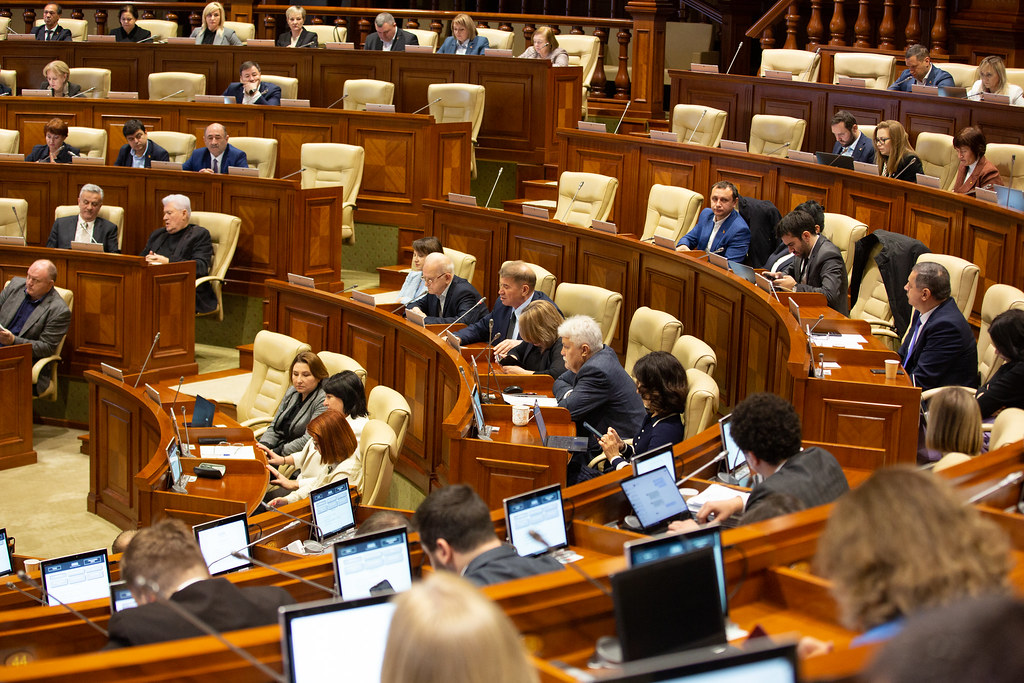ECONOMIC COUNCIL TO THE PRIME MINISTER OF THE RM

The draft law on the modification of some normative acts, which provides for the facilitation of the business environment, was voted in the first reading, according to a Parliament press release. The amendments cover a number of areas of importance to the work of economic agents, aimed at reducing business costs and improving relations between employers and employees.
Most adjustments are in the area of labour relations. These include changes to the clauses on the scheduling of annual leave; the drawing up and keeping of internal rules of the establishment; the exclusion of the pre-employment contract and the requirement to give written notice to the employee of the starting date of annual leave. It is also proposed that the clause on the payment of holiday pay should be reworded to balance the rights and obligations of the employee and the employer. Thus, holiday pay will be paid by the employer at least 3 calendar days before the employee’s departure on leave or at another date agreed by the parties, but no later than the date of payment of the salary for the month in which the leave was granted.
With regard to the medical check-up at the time of employment and the periodic check-up of persons to be employed in positions involving work with foodstuffs, including in the HoReCa sector, it is proposed to cover the costs from the budget of the Compulsory Health Insurance. At the same time, provision is made for the possibility of medical examinations in public or private medical institutions. A government decision will establish a list of harmful professions and production factors, work with a high risk of the occurrence and spread of communicable diseases, etc.
In the field of digitisation and electronic communications, it is proposed to simplify the procedures for authorising the installation of electronic communications networks. In the field of construction and town planning, the procedure for changing the use of buildings in residential blocks to commercial or service use will be facilitated.
Another important area is state control of entrepreneurial activity. It is proposed that, for the first 3 years of business activity, restrictive control measures will be reduced, i.e. the control body will only have the right to impose sanctions or restrictive measures in cases where offences are committed or the entrepreneur intentionally commits the same serious violation repeatedly.
The draft law was presented by the Ministry of Economic Development and Digitisation. The document is to be voted on in the second reading. Until then, several amendments are to be made, especially in the field of labour law.

The Secretariat of the Economic Council to the Prime Minister is supported by the European Bank for Reconstruction and Development, funded by the UK Government’s Good Governance Fund.
Stay ahead in a rapidly world. Subscribe to Prysm Insights,our monthly look at the critical issues facing global business.










